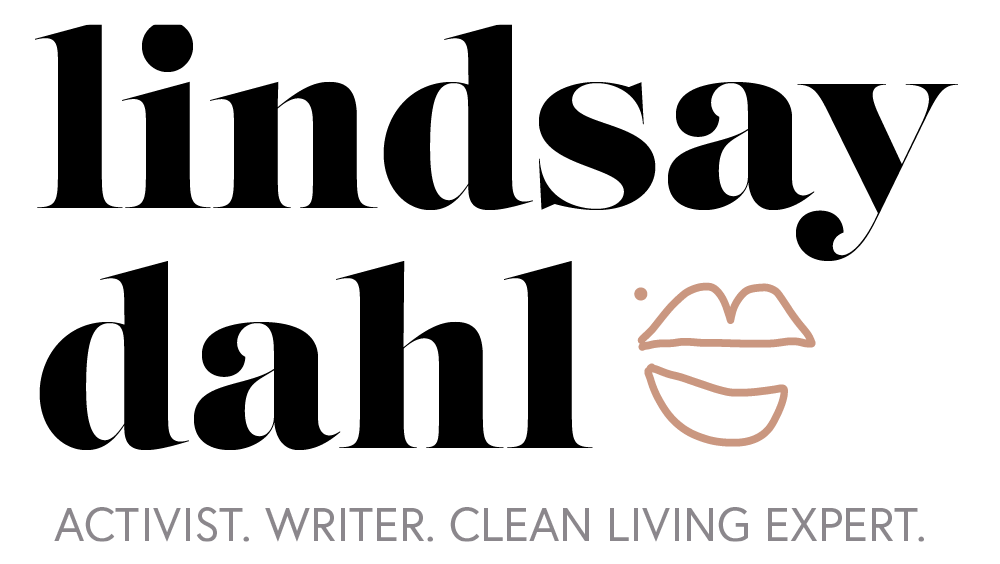When there is an e coli breakout in lettuce, broccoli, or peanut butter, food companies issue what is called a “voluntary recall”. The same process exists for personal care and beauty products when microbial contamination occurs: when companies see an issue in their supply chain, they can act on their own accord. This is great, but what happens when there are issues that the companies don’t address and the publics’ health is in jeopardy? Currently, nothing.
In response to this concern, Scott Gottlieb, the Commissioner of the FDA, recently gave the FDA the authority to issue mandatory recalls for food. The federal government would have the ability to ask companies to recall food products with health concerns and the company isn’t taking action. This is a great step forward to better protect our health and hold companies accountable.
My one question is, why won’t they grant the FDA the same authority for the beauty industry?
From the FDA’s website, “While we can’t order a recall of a cosmetic, we can request one and work with companies to make sure their recalls are effective.” The difference between voluntary recalls and mandatory recalls is important.

FDA’s recent action to allow mandatory recalls for food products
Gottlieb recently stated,
“Our nation depends on the U.S. Food and Drug Administration to ensure that the foods they buy are safe. Therefore, when issues arise that would put consumers at risk, we won’t hesitate to mandate the removal of a product from the market using the full extent of our authorities. It’s our responsibility. And it’s critical to our mission to ensure the safety of Americans. However, we’ve seen cases where companies don’t voluntarily agree to issue a recall of food products that are violative, even if the food products are reasonably likely to cause serious illnesses or death. To me, this is unacceptable. And it’s why today we’re taking additional steps to further outline in a final guidance information about the implementation of FDA’s mandatory recall authority.”
This seems entirely reasonable to me.
Why the FDA needs recall authority for beauty products
Look no further than the following two examples:
1 – Formaldehyde in hair straightening treatments
Formaldehyde, a known human carcinogen, is the secret ingredient in hair straightening treatments. A few years ago, public health advocates sounded the alarm on the implications for professional salon stylists and the clients who receive the treatment. As it turns out, some of the treatments are up to 40% formaldehyde.
Upon learning about this, the FDA couldn’t (and still can’t) recall this product from the market.
2 – WEN hair care linked to permanent hair loss
Despite receiving over 22,000 complaints to the company and FDA (as of 2016), the FDA can’t pull WEN Hair Care’s shampoo off the market. And shockingly the company has failed to do so themselves, despite strong evidence that the shampoo leads to permanent hair loss and in many cases balding. The FDA commissioned an investigation, but could not act upon their findings and due to trade secret laws, the FDA still doesn’t know what ingredient (or combination of ingredients) causes the hair loss. The FDA hasn’t been able to recall this product from the market.
So I applaud the FDA for enabling what’s called “mandatory recall authority” for the food industry, it’s my hope that on their own accord, or through legislation, the agency will be able to take similar action for beauty and personal care products.
Never miss a post and join my mailing list.



